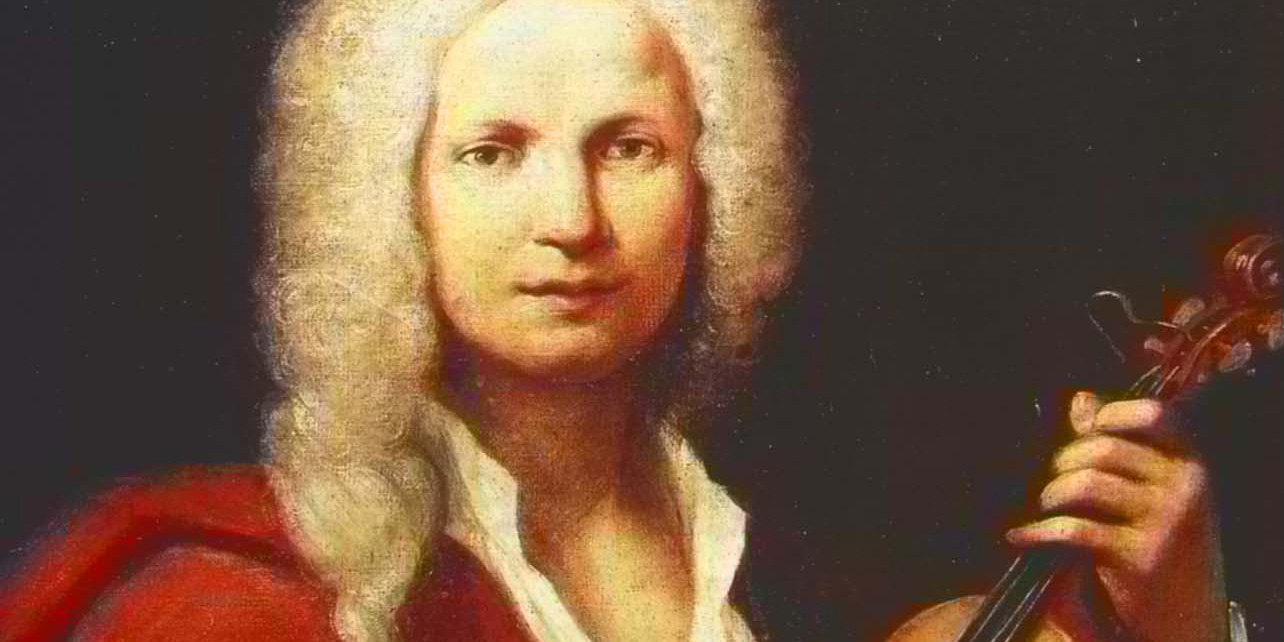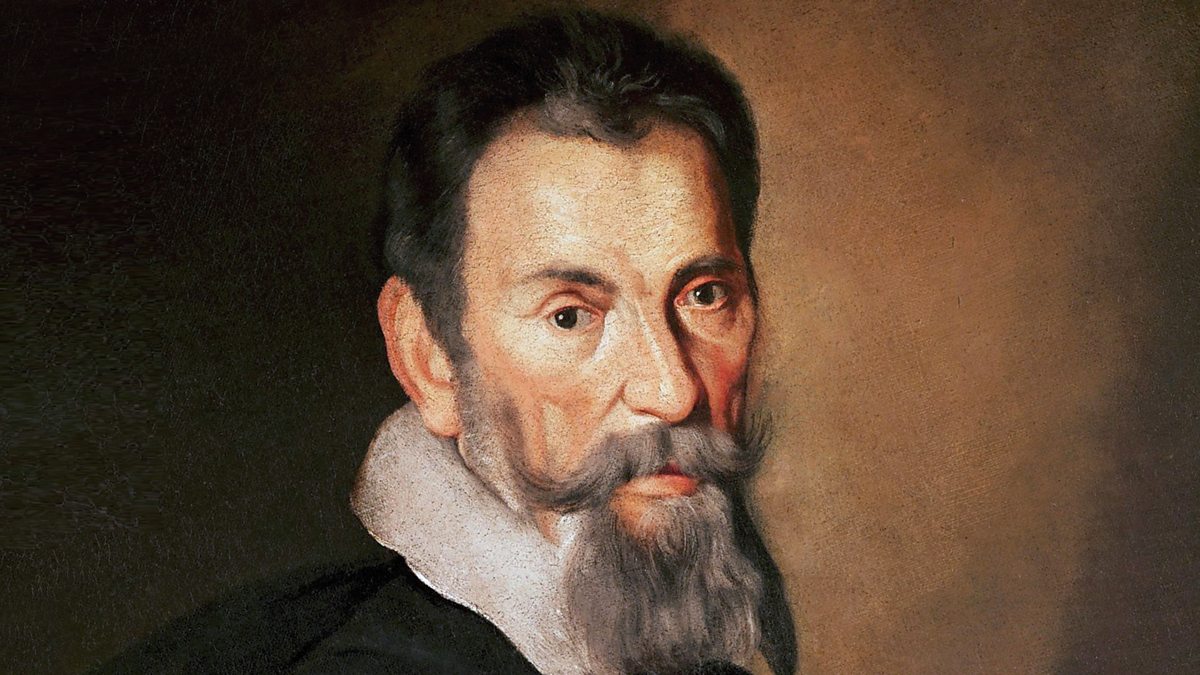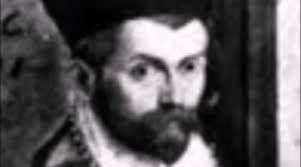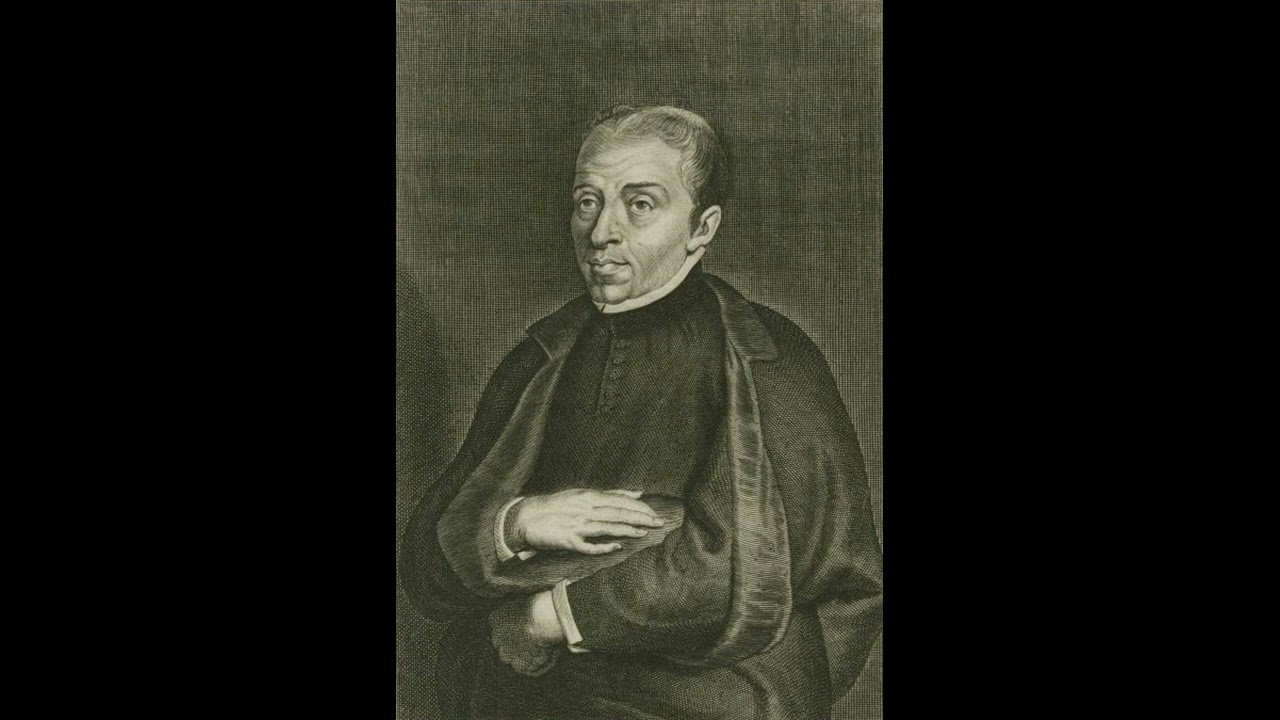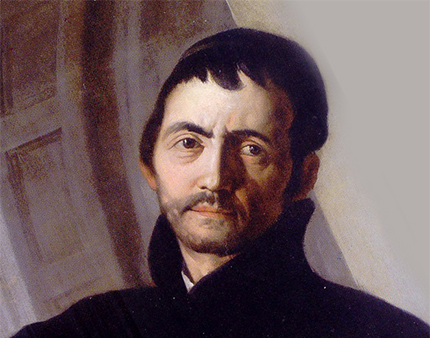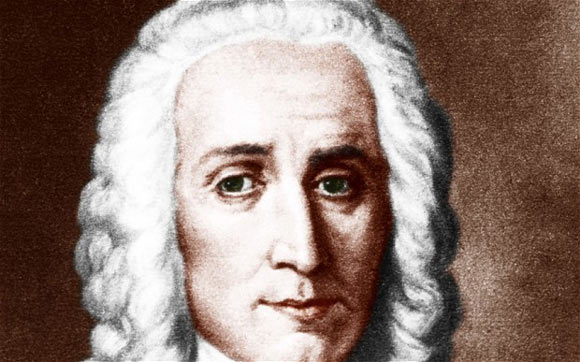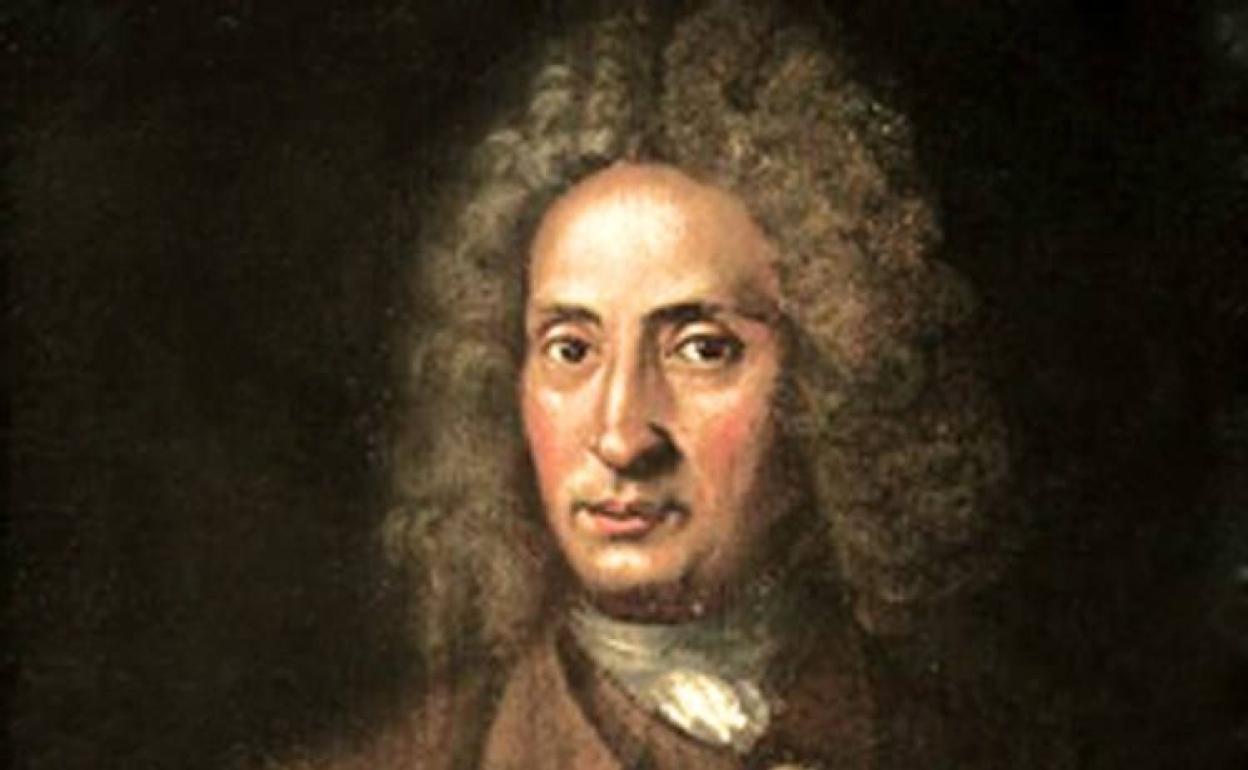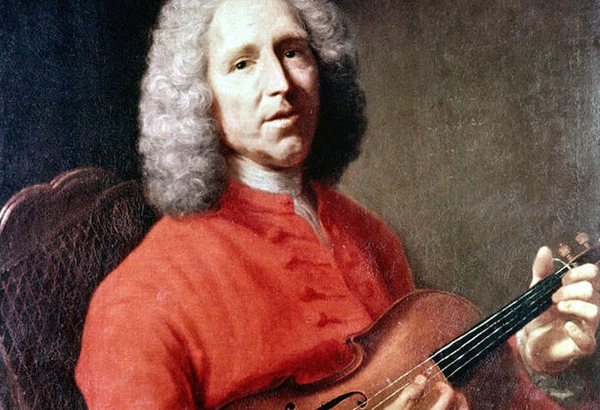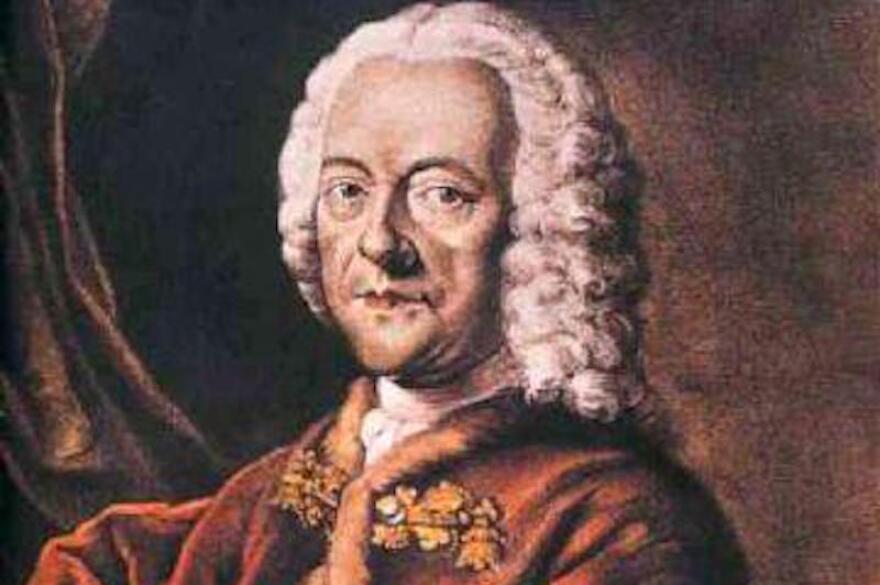Antonio Vivaldi, renowned as one of the greatest composers of the Baroque period, left an indelible mark on the world of classical music. Born on March 4, 1678, in Venice, Italy, Vivaldi displayed an early affinity for music. His father, Giovanni Battista Vivaldi, was a skilled violinist at the San Marco Basilica and recognized his son's talent at a young age. Under his father's guidance, Antonio began studying the violin, mastering the instrument with remarkable speed.
At the age of fifteen, Vivaldi began studying for the priesthood, a path that would significantly influence his music and career. Despite his dedication to religious studies, his true passion remained in music. Ordained as a priest in 1703, Vivaldi soon gained recognition for his musical prowess, earning the nickname "The Red Priest" due to his distinctive red hair and clerical vocation.
Claudio Monteverdi, an illustrious figure in the realm of classical music, stands as a beacon of innovation and creativity in the transition from the Renaissance to the Baroque era. Renowned for his groundbreaking compositions and profound influence on the development of opera, Monteverdi's life journey is a testament to artistic evolution and musical genius.
Born on May 15, 1567, in Cremona, Italy, Claudio Giovanni Antonio Monteverdi was baptized into a world rich with musical heritage. Raised in a family of distinguished musicians, young Claudio exhibited exceptional musical talent from an early age. Under the guidance of his father, Baldassare Monteverdi, a surgeon and amateur musician, Claudio received his initial musical training.
Giovanni Croce, known in his native Venice as "Il Chiozzotto" due to his origins in the district of Chioggia, was a prominent figure in the musical landscape of the late Renaissance. Born in 1557, Croce demonstrated prodigious musical talent from an early age, eventually becoming one of the leading composers and organists of his time.
Croce's musical education began in Venice, where he studied under the renowned composer Adrian Willaert, who was maestro di cappella at St. Mark's Basilica. Under Willaert's tutelage, Croce developed a deep understanding of polyphony and sacred music composition, laying the groundwork for his future success.
Duarte Lobo was a prominent figure in the realm of Portuguese music during the Baroque era. Born in Alcáçovas, Portugal, around the year 1565, Lobo's exact birth date remains somewhat elusive to historians. Despite this ambiguity, his impact on the musical landscape of his time is undeniable.
Lobo's early life is veiled in mystery, with sparse details available about his upbringing and education. However, it is believed that he received his musical training either in Portugal or through a Jesuit education. His talent flourished under the tutelage of esteemed musicians of the time, contributing to his eventual emergence as a distinguished composer.
Domenico Zipoli may not be a household name like Bach or Mozart, but his contributions to classical music are nothing short of remarkable. Born in 1688 in Italy, Zipoli's life was a tapestry woven with musical brilliance and cultural exploration. Here are ten fascinating facts that shed light on this enigmatic composer:
1 - South American Sojourn: Zipoli's journey led him far beyond the confines of Europe. In the early 18th century, he embarked on a voyage to South America, where he settled in what is now Argentina. This bold move was spurred by his desire to spread the beauty of Baroque music to the New World.
Domenico Scarlatti, an Italian composer of the Baroque era, is widely celebrated for his remarkable contributions to the world of music. Renowned for his sonatas, Scarlatti's works demonstrate exquisite craftsmanship, inventive melodies, and captivating harmonies. In this blog post, we embark on a journey through his vast repertoire to explore and celebrate the 10 best compositions by this musical genius. Domenico Scarlatti's legacy as a composer continues to inspire generations of musicians and music enthusiasts. Through these ten masterpieces, we have explored the breadth and depth of his compositions, each displaying a unique facet of his genius. From pastoral serenity to fiery passion and intricate dance rhythms, Scarlatti's music transcends time, captivating listeners with its beauty and emotional depth. Embrace the brilliance of this extraordinary composer and dive into the mesmerizing world of Domenico Scarlatti's music.
In the illustrious annals of classical music, there are few composers whose melodies continue to captivate audiences centuries after their creation. Among these luminaries stands Tomaso Albinoni, a brilliant composer whose remarkable works have left an indelible mark on the world of Baroque music. Born in Venice in 1671, Albinoni's musical journey was marked by a relentless pursuit of artistic excellence, overcoming personal challenges, and ultimately creating a timeless legacy. Join us as we delve into the fascinating biography of Tomaso Albinoni, a composer whose harmonies continue to resonate with the hearts of music lovers worldwide.
In the world of classical music, few names shine as brightly as Jean-Philippe Rameau. A true master of his craft, Rameau is often considered one of the most influential composers of the Baroque era. His groundbreaking compositions, innovative theories, and remarkable contributions to music have left an indelible mark on the history of Western classical music. Join us as we delve into the fascinating biography of this musical genius and explore the legacy he left behind. Born on September 25, 1683, in Dijon, France, Jean-Philippe Rameau displayed an early aptitude for music. His father, an organist, recognized his son's talents and ensured he received a comprehensive musical education. Rameau studied under several renowned composers, including Jean-Baptiste Moreau and André Raison, developing his skills as both a performer and a composer.
In the realm of classical music, few names resonate with as much brilliance and innovation as Georg Philipp Telemann. Born on March 14, 1681, in Magdeburg, Germany, Telemann was a prolific composer and multi-instrumentalist who left an indelible mark on the Baroque era. His extraordinary talent, tireless dedication, and groundbreaking compositions have cemented his place as one of the most influential figures in music history. Join us as we delve into the captivating biography of this musical genius and explore the fascinating world of Georg Philipp Telemann. From an early age, Telemann displayed an exceptional aptitude for music. As a child, he taught himself to play several instruments, including the violin, keyboard, and flute. His passion for composition flourished during his years at the University of Leipzig, where he immersed himself in the vibrant musical scene of the time. Despite his father's disapproval of a career in music, Telemann's unwavering determination led him to pursue his dreams and embark on a path that would forever change the landscape of classical music.
